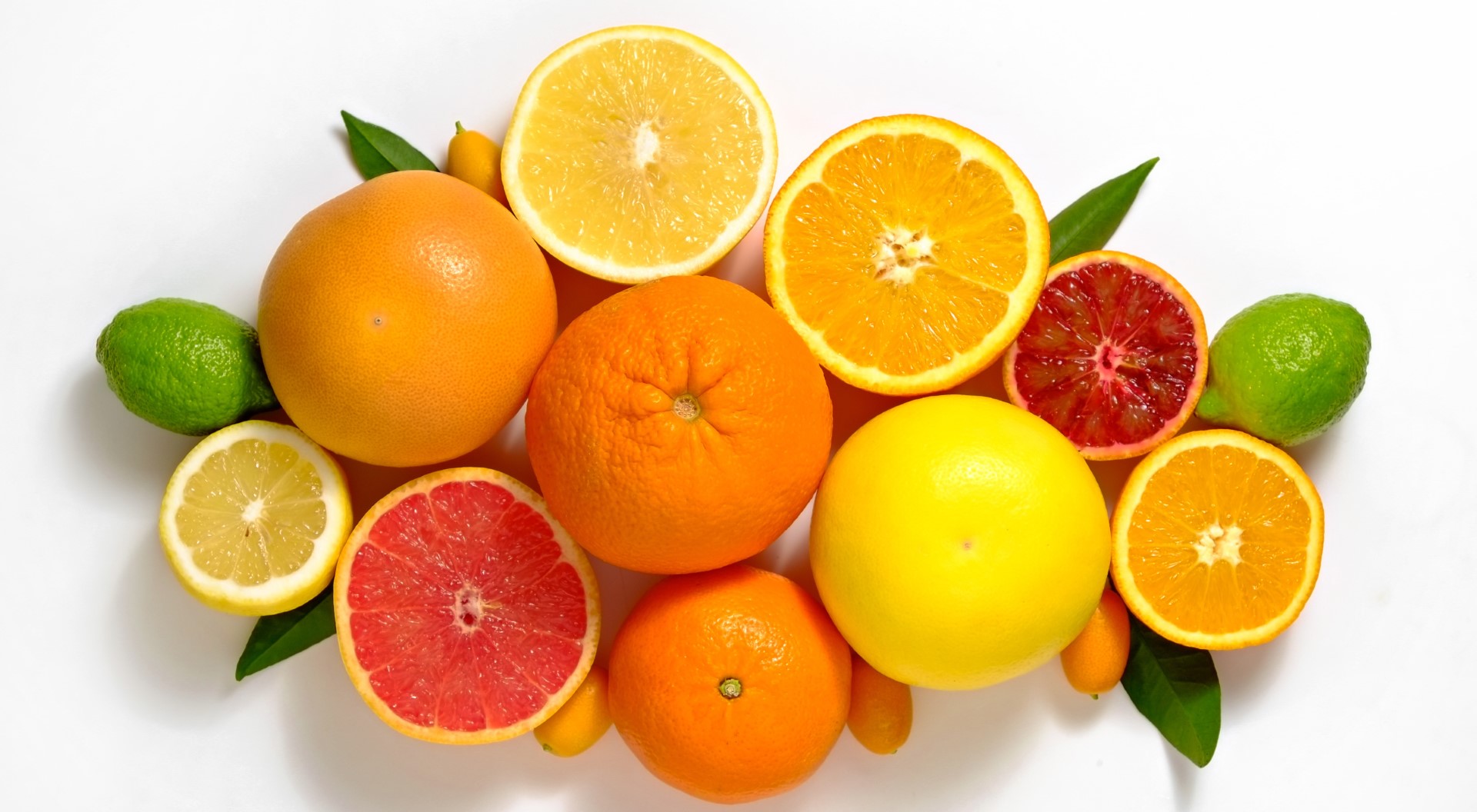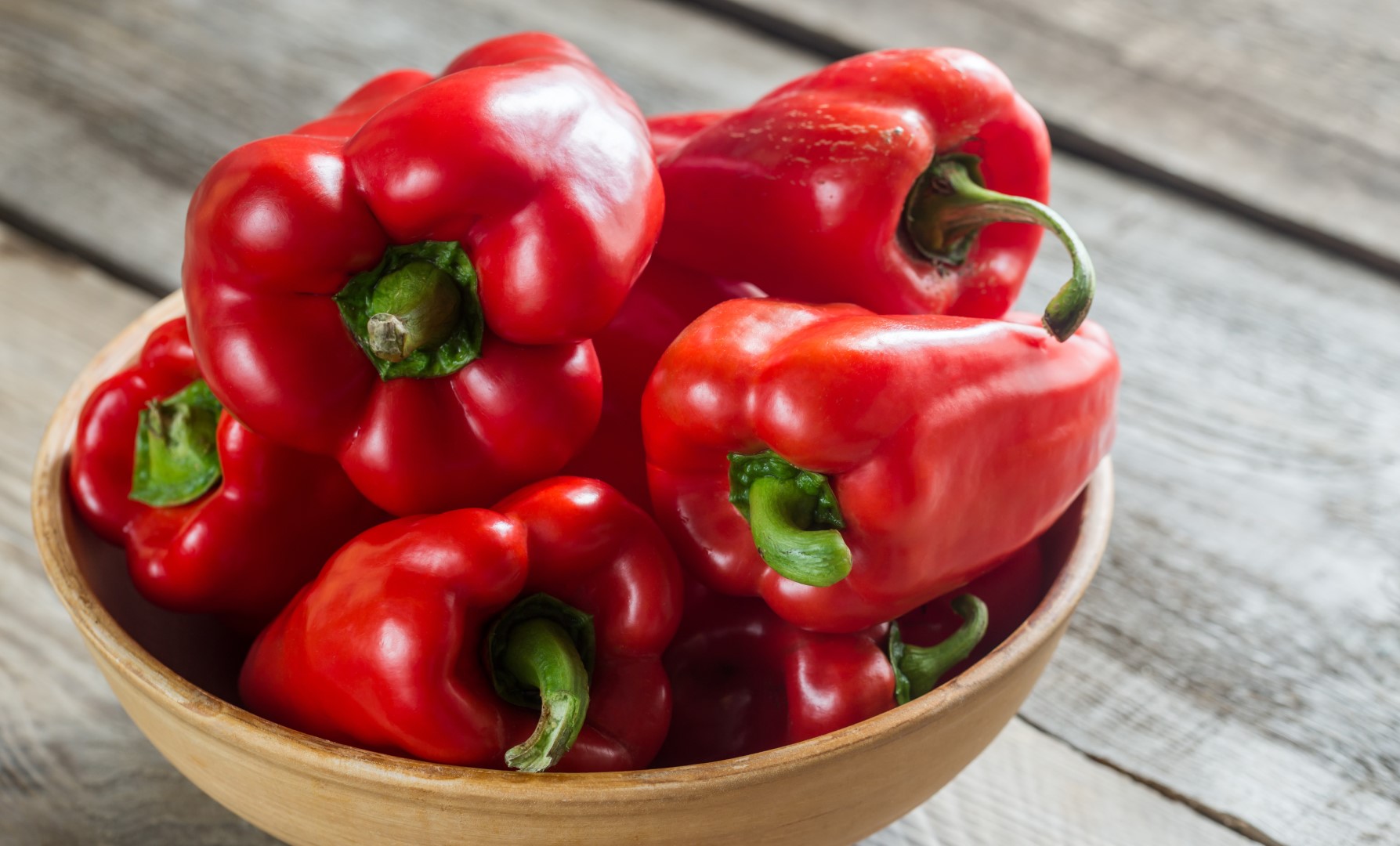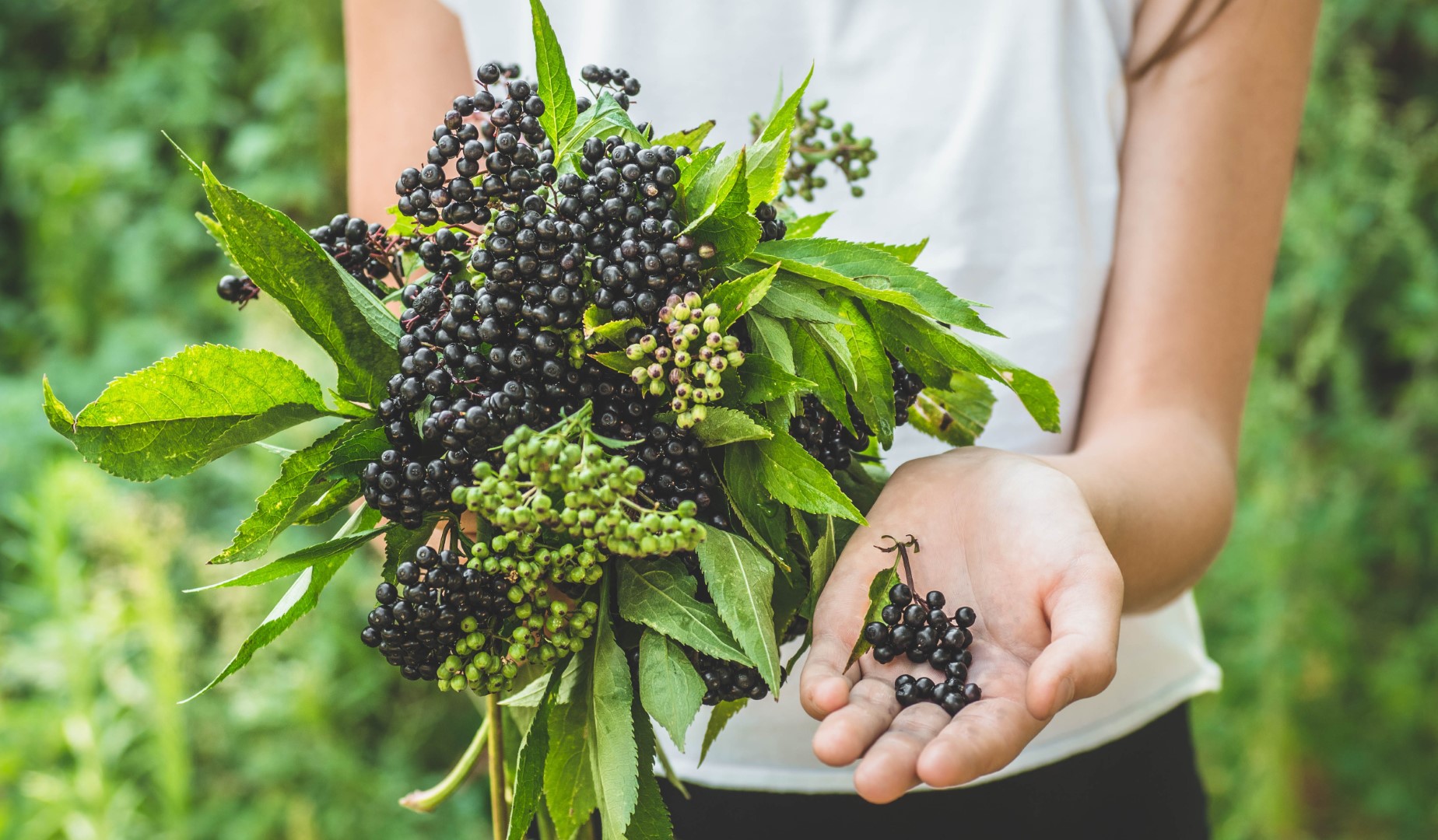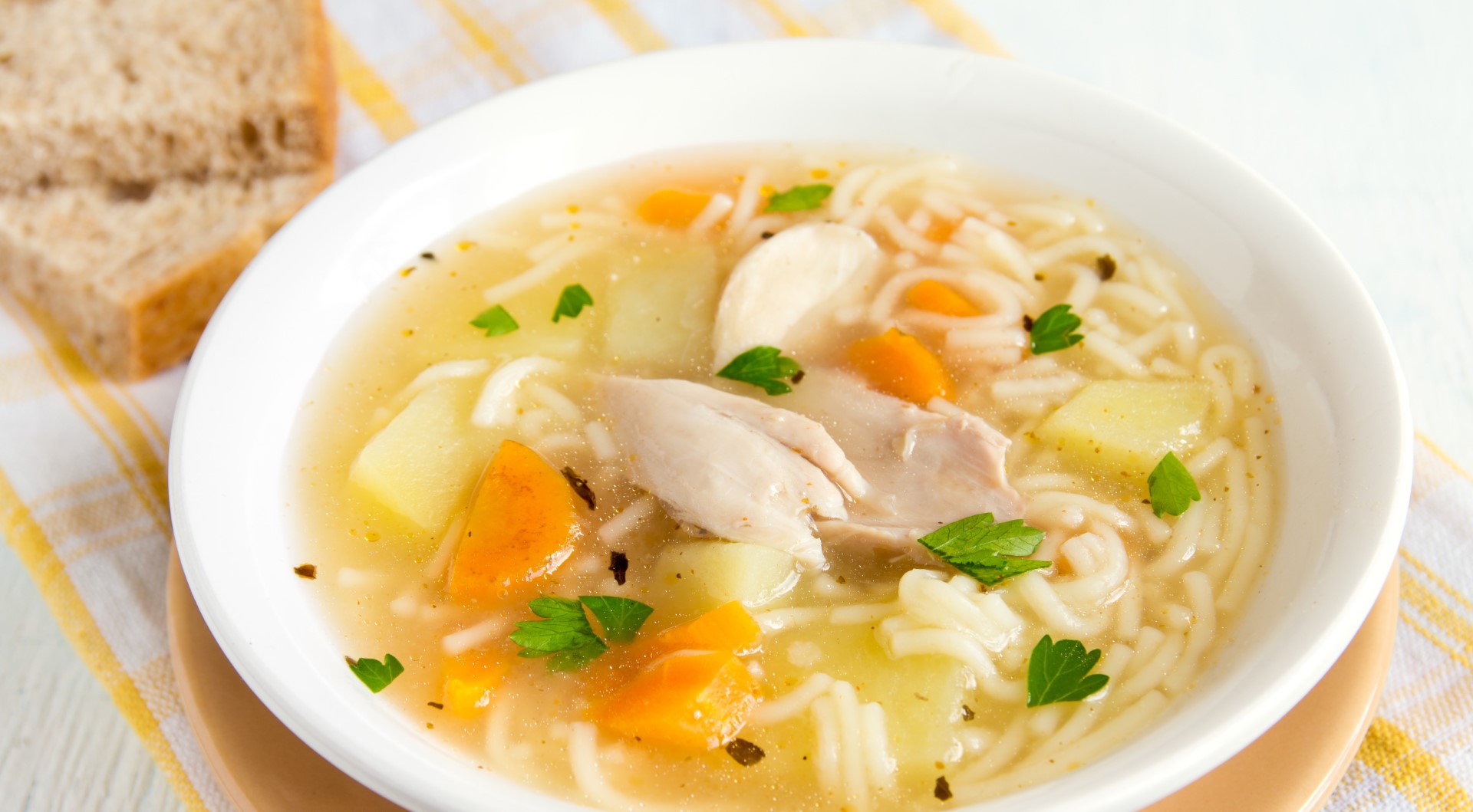Things to boost your immune system
Arguably, there has never been more of a need in our recent history than there is now to have a strong healthy immune system. It is the first and most important line of defense against nasty viruses, colds, flu, and germs.
Start and maintain a healthy nutrition plan
Just like you need food to function at your best, so does your immune system. Having lots of micronutrients, essential nutrients, mineral-rich food, and protein in your daily diet help it perform at its best.
Improve the quality of your sleep
Remember, a tired body and immune system is a weak body and immune system. It is important to get into deep REM sleep to allow your body to slow down, de-stress, and reboot for the next day. Try cutting out electronics as much as possible (look into blue light glasses, shown to help calm and relax eye strains for staring at screens), refraining from as much caffeine as possible before you go to bed (at least 3-4 hours before bed), and try not to work out right before you go to bed. Or use natural ingredients like melatonin, or chamomile tea for example, to help unwind.
Avoid tobacco
Our lungs are extremely vulnerable and an easy target for respiratory viruses. Smoking damages your lungs, undermines basic immune defenses, and raises the risk of bronchitis, pneumonia, and more.
Drink less alcohol
Excessive alcohol consumption impairs the immune system because most of the body's energy is being expended on flushing out your system.
Improve your gut health
Did you know that up to 80% of the cells that make up your immune system live in your gut? You can help your immune system stay strong by giving your gut the right balance of healthy bacteria, and probiotics to nourish and detoxify it in a regular basis.
Increase your vitamin C
Vitamin C is one of the first vitamins to be depleted in drinkers, smokers, athletes partaking in long strenuous activity, and overweight individuals. It also has a hard time getting absorbed into your body from the foods you too. It is a simple as taking a multi-vitamin that contains vitamin C or just vitamin C supplements.
Soak up sunshine
We need vitamin D to help our bodies produce antibodies, keep us energized and reduce the risk of respiratory problems and infections. The sun is one of the best natural producers of Vitamin D and going out in the sunshine (walking around the neighborhood, doing yoga in the backyard, reading a book) for just 10-15 minutes a day will do wonders for your immune system.
Power pump your day with one of our smoothie blends
The surgeon general of health and nutrition recommends to eat a “5 a Day” for proper health, well-being and nutrition. You can put nearly anything into a smoothie. But most consist of liquid (like water, non-dairy milk or kefir), fruits, vegetables, seeds, nuts (or nut butter), supplements like protein powder, maca or matcha, and toppings (such as granola, coconut and cacao nibs), says Ryan Andrews, a registered dietitian and author of A Guide to Plant-Based Eating.
The key to making it healthy is to strike the right balance of vegetables, fruit, protein and fat, says Miranda Hammer, a registered dietitian and natural foods chef based in New York. “The smoothie is a really great way to get in those key foods,” Hammer says. When you make this type of smoothie, “you have the foundation for a healthy breakfast or snack.”
View some great smoothie recipes here.
Foods that Boost the Immune System and Have the Possibility of Helping You Lose Weight
Feeding your body certain foods may help keep your immune system strong. If you're looking for ways to prevent colds, the flu, and other infections, your first step should be a visit to your local grocery store. Plan your meals to include some of these powerful immune system boosters.
Citrus fruits

The recommended daily amount for most adults is:
75 mg for women and 90 mg for men
- Grapefruits, oranges, clementine, tangerines, lemons and limes
Red bell peppers

One ounce of red bell peppers almost contains 3 times as much vitamin C as a Florida orange, they are also rich in beta carotene (Beta carotene is an antioxidant that converts to vitamin A and plays a very important role in health, helps keep your eyes and skin healthy).
Broccoli

It is supercharged with vitamins A, C, and E as well as fiber and many other antioxidants. Research has shown the best way to keep all the nutrients (cooking rids more nutrients) is to have it raw or steamed.
Garlic

It has been shown to slow down the hardening of the arteries and it can help to lower blood pressure.
Ginger

Helps to decrease inflammation, sore throats, and nausea as well. It may also decrease chronic pain and might even possess cholesterol-lowering properties.
Yogurts

One of the best yogurts out there is Greek yogurt. Help stimulate your immune system to help fight diseases. Great source of Vitamin D
Teas

Both green and black teas are packed with flavonoids, a type of antioxidant. Teas also are a good source of the amino acid L-Theanine, which may aid in the production of germ-fighting compounds in your T cells.
Papaya

Papayas also have a digestive enzyme called papain that has anti-inflammatory effects.
Papayas have decent amounts of potassium, magnesium, and folate, all of which are beneficial to your overall health.
Elderberry

Loaded with antioxidants and fights inflammation, *SOME* lab studies have shown that an extract from the berries *MAY* block flu viruses, but scientist caution more study is needed.
Oysters

They've got zinc in them, which appears to have some virus-fighting powers. That's probably because zinc helps create and activate white blood cells involved in the immune response. It also assists your immune system with tasks such as healing wounds.
Watermelon

It's not only refreshing. When it's ripe, it's also got plenty of an antioxidant called glutathione. It strengthens the immune system so it can fight infection.
To get the most glutathione in your watermelon, eat the red pulpy flesh near the rind.
Chicken Soup

Homemade chicken soup really can ease your symptoms and may help you get well sooner. What's more, there's a chemical in it called carnosine that can protect your body from the flu virus.